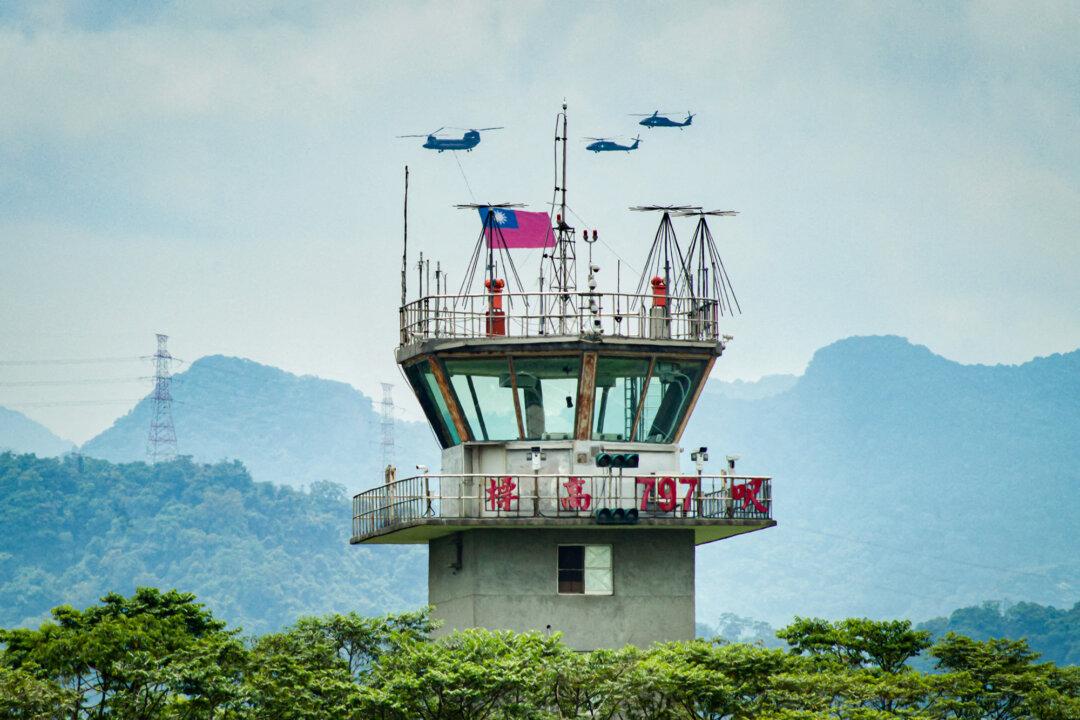Commentary
Taking over Taiwan was a pledge that Chinese Communist Party (CCP) leader Xi Jinping made to senior Party leaders in order to stay in power beyond two terms. But that pledge doesn’t seem likely to be kept.

Taking over Taiwan was a pledge that Chinese Communist Party (CCP) leader Xi Jinping made to senior Party leaders in order to stay in power beyond two terms. But that pledge doesn’t seem likely to be kept.